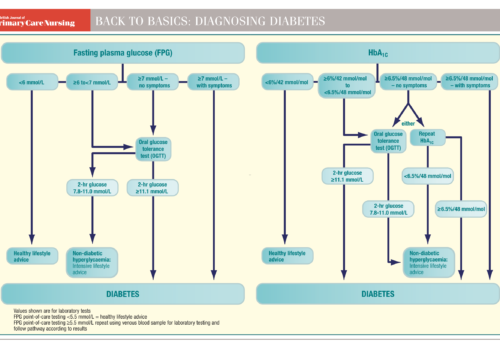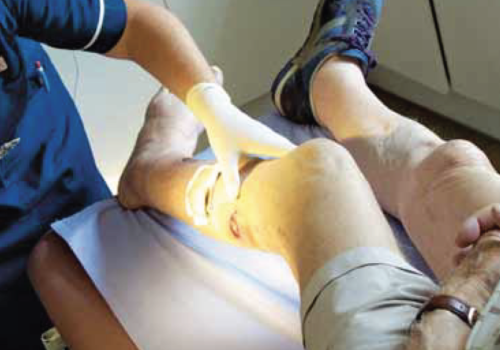As health professionals, we can spend considerable time encouraging patients to think about what they eat and how their diet affects their health. But we tend to focus less on what they drink, which is perhaps surprising because fluid intake also plays a vital role in maintaining good health.
Helping people to quit smoking
Helping people who smoke to quit is one of the most important steps we can take in reducing their risk of cardiovascular disease, in addition to reducing the other harms caused by smoking.
Just one wish…
What would you wish for to improve the management of patients with cardiovascular disease and diabetes? We asked each of the Clinical Directors, who lead the NHS for these conditions nationally: “Right now, if I had one wish, and it could ensure that every primary care nurse did one thing in diabetes / stroke / kidney / cardiac care it would be …” Read what they told us:
Editorial
Welcome to the latest issue of BJPCN, which we hope you will see as a bunch of spring flowers, offering a bouquet of delights to cheer you on your way to meeting the challenges of providing the best care for patients with cardiovascular disease and diabetes.
If at first you don’t succeed, try, try again!
An international perspective on cardiovascular risk management: recommendations for moderate- to low-risk patients
Making sense of HDL cholesterol
Back to Basics: Diagnosing diabetes
Involving patients in decisions about preventive medication: a focus group study
Providing the best care for patients with leg ulcers
Over the years, many of the conversations I have had with patients and nurses have been about leg ulcers. It seems that there is a fear or stigma about leg ulcers, as if labelling a wound on the lower leg an ulcer will somehow make it harder to heal. In a busy practice it may seem pointless to perform a full assessment on a patient presenting with a small traumatic wound on their lower leg. But it is important to acknowledge the risk of progression from a simple wound to chronic leg ulceration and to assess patients fully for any problems that may influence wound healing or may have contributed to the tissue damage.
Smoking cessation 4: antidepressants for smoking cessation – bupropion and nortriptyline
Avoiding weight gain after stopping smoking
Stopping smoking is associated with considerable health benefits and large numbers of smokers want to quit. However, concern about weight gain is one of the reasons people often give for not being able to quit smoking. It often reinforces the decision to continue smoking, particularly in women and young people who may mistakenly believe that smoking is an effective way to control their weight. Even if an individual successfully quits smoking, weight gain can often be the factor that causes relapse. What can we do to help?






















